Home / j-k-election / Jammu & Kashmir Panchayat Electoral Rolls Published: Indicating Centre’s Plan for Early Local Body Elections
Jammu & Kashmir Panchayat Electoral Rolls Published: Indicating Centre’s Plan for Early Local Body Elections
By: My India Times
5 minutes read 45Updated At: 2025-02-18
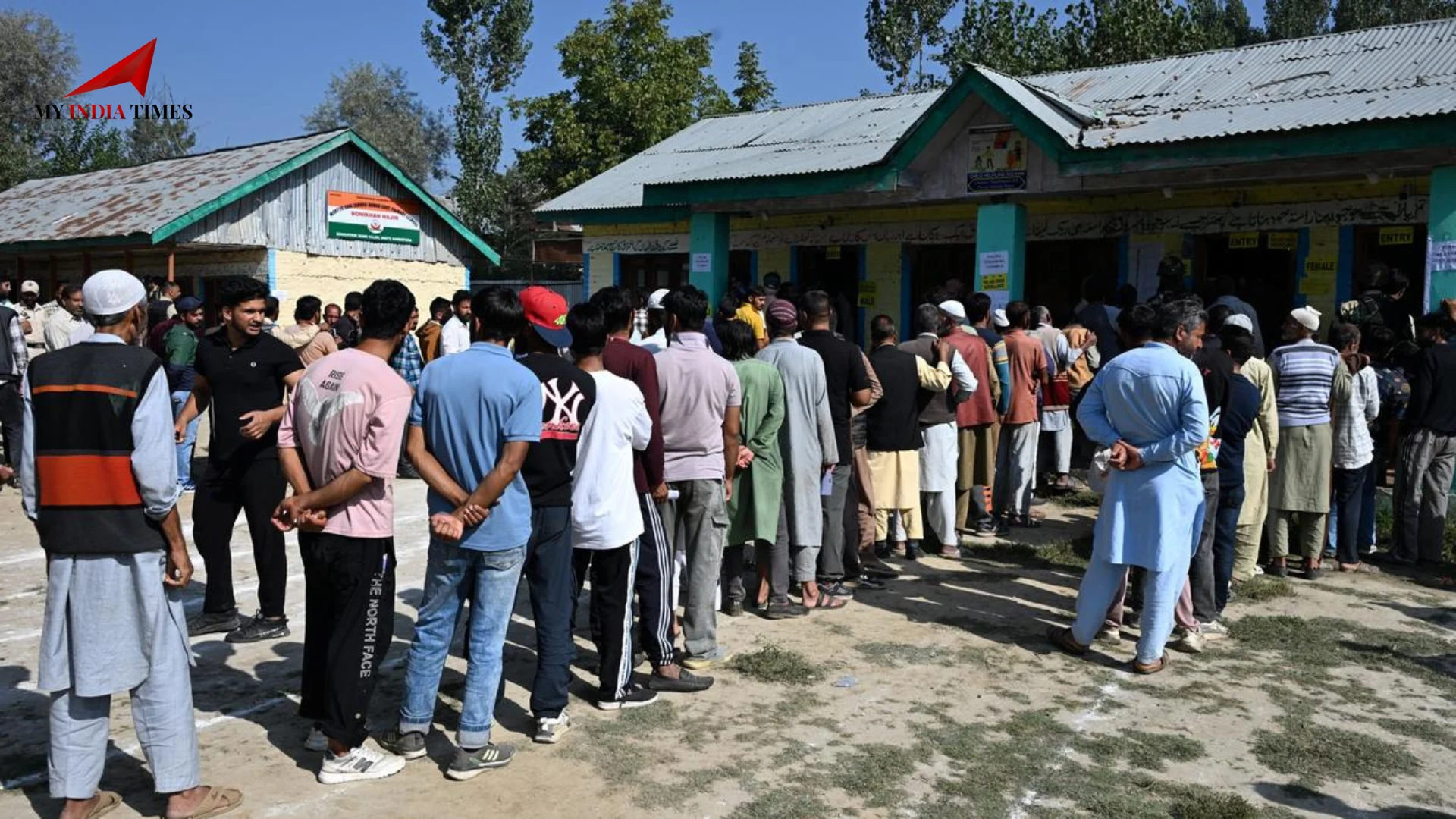
Expiry of Panchayats in J&K: The Void Left After January 9, 2024
Jammu & Kashmir officially ceased to have functional panchayats on January 9, 2024, after the five-year term of approximately 30,000 local representatives ended. The last elections for these local bodies were conducted in 2018, when J&K was still a State before being reorganized into a Union Territory. The absence of elected grassroots representatives has created a governance void, prompting urgency for fresh elections.
State Election Commission Releases Final Panchayat Electoral Rolls, Signaling Upcoming Elections
On January 20, 2025, the Jammu & Kashmir State Election Commission (SEC) released the final panchayat electoral rolls, a key step toward conducting local body elections in the region. This move is being widely interpreted as a strong indication of the Central Government’s intent to restore local governance through fresh elections soon.
Although the Assembly elections were conducted in September 2024, J&K remains a Union Territory, with Statehood yet to be restored. The publication of electoral rolls suggests that the Centre aims to expedite the process of electing new panchayat representatives.
Increased Voter Count in Panchayat Electoral Rolls Compared to 2018
According to the State Election Commission, the final list of voters eligible to participate in the panchayat elections stands at 70,00,670. This marks a significant increase from the 2018 panchayat polls, which had a total of 58,54,208 voters. The latest revision has included 3,41,072 new voters, while 1,10,768 names were removed due to various eligibility factors.
The growth in the electoral base suggests an expanding democratic participation in the UT and highlights the importance of grassroots governance in the region.
The 2018 Panchayat Elections: A Recap of Challenges and Achievements
The 2018 panchayat elections in J&K were held after a gap of seven years, resulting in the election of 27,281 panches and sarpanches. However, due to security concerns, elections could not be conducted in several areas, leaving 12,776 sarpanch and panch seats vacant. The forthcoming elections aim to ensure full representation in all local governance bodies.
Awaiting the Backward Classes Commission Report: A Crucial Step for Seat Reservation
A senior government official confirmed that while the electoral rolls have been finalized, the government is awaiting the report of the Jammu and Kashmir Local Bodies Dedicated Backward Classes Commission. This report is essential for determining OBC reservations in the upcoming panchayat elections.
The Backward Classes Commission, which was constituted in June 2024, had its tenure end on December 31, 2024. However, as of now, there is no official notification extending its term. The absence of a publicly available notification has raised concerns about potential delays in seat reservation finalization.
Rationalization of Panchayat Seats Based on OBC Reservation Report
Another government source indicated that based on the findings of the Backward Classes Commission, a rationalization process will be carried out to restructure panchayat seats. This will accommodate the changes made in reservation policies in J&K over the past year.
An official stated, “The panchayat elections will likely take place in the next month. The process of finalizing OBC, SC, and ST seat reservations is currently underway.”
Marking OBC Reservation at the Village Level: A Detailed Process
The first government official explained that the Commission must identify the panchayats requiring OBC reservations, ensuring representation is marked at the village level. Unlike the 4% or 8% reservation policy applicable in education and jobs, local body reservations must be determined based on the actual demographic distribution of OBC populations in specific areas.
This detailed identification process will be crucial in ensuring fair and just representation in grassroots governance.
Parliament’s Recent Legislation: OBC and Tribal Reservations in J&K Local Bodies
In February 2024, the Indian Parliament passed a law to provide reservation for OBCs in panchayat and municipal bodies in J&K. Before this amendment, OBCs had no dedicated reservation in local body seats.
Additionally, another legislation was enacted to include the Pahari Ethnic Group, Gadda Brahman, Paddari Tribe, and Koli communities in the Scheduled Tribes (ST) list of J&K, along with the inclusion of the Valmiki community in the Scheduled Castes (SC) list. These changes will have a direct impact on reserved seats in the upcoming panchayat elections.
The Bigger Picture: J&K’s Political Landscape Post-Article 370 Revocation
Jammu & Kashmir’s political structure underwent a dramatic transformation after the revocation of Article 370 on August 5, 2019. The state was bifurcated into two Union Territories—J&K and Ladakh. Since then, J&K has functioned as a UT with an elected Legislative Assembly, but Statehood has not yet been restored.
The upcoming panchayat elections, therefore, hold crucial significance in re-establishing grassroots democracy in J&K, even as the debate over full Statehood restoration continues.
The Road Ahead for Jammu & Kashmir’s Panchayat Elections
With the final electoral rolls published and the Central Government actively preparing for panchayat elections, the wait for local governance structures in J&K is expected to end soon.
However, critical factors such as finalization of OBC reservations, completion of the Backward Classes Commission’s report, and possible seat rationalization remain pending. The Centre’s handling of these crucial aspects will determine how soon the elections take place and how inclusive the new panchayat structure will be.
As Jammu & Kashmir moves toward another important electoral event, all eyes remain on the Election Commission and the Central Government’s next steps in conducting fair and transparent panchayat elections.
....
Expiry of Panchayats in J&K: The Void Left After January 9, 2024
Jammu & Kashmir officially ceased to have functional panchayats on January 9, 2024, after the five-year term of approximately 30,000 local representatives ended. The last elections for these local bodies were conducted in 2018, when J&K was still a State before being reorganized into a Union Territory. The absence of elected grassroots representatives has created a governance void, prompting urgency for fresh elections.
State Election Commission Releases Final Panchayat Electoral Rolls, Signaling Upcoming Elections
On January 20, 2025, the Jammu & Kashmir State Election Commission (SEC) released the final panchayat electoral rolls, a key step toward conducting local body elections in the region. This move is being widely interpreted as a strong indication of the Central Government’s intent to restore local governance through fresh elections soon.
Although the Assembly elections were conducted in September 2024, J&K remains a Union Territory, with Statehood yet to be restored. The publication of electoral rolls suggests that the Centre aims to expedite the process of electing new panchayat representatives.
Increased Voter Count in Panchayat Electoral Rolls Compared to 2018
According to the State Election Commission, the final list of voters eligible to participate in the panchayat elections stands at 70,00,670. This marks a significant increase from the 2018 panchayat polls, which had a total of 58,54,208 voters. The latest revision has included 3,41,072 new voters, while 1,10,768 names were removed due to various eligibility factors.
The growth in the electoral base suggests an expanding democratic participation in the UT and highlights the importance of grassroots governance in the region.
The 2018 Panchayat Elections: A Recap of Challenges and Achievements
The 2018 panchayat elections in J&K were held after a gap of seven years, resulting in the election of 27,281 panches and sarpanches. However, due to security concerns, elections could not be conducted in several areas, leaving 12,776 sarpanch and panch seats vacant. The forthcoming elections aim to ensure full representation in all local governance bodies.
Awaiting the Backward Classes Commission Report: A Crucial Step for Seat Reservation
A senior government official confirmed that while the electoral rolls have been finalized, the government is awaiting the report of the Jammu and Kashmir Local Bodies Dedicated Backward Classes Commission. This report is essential for determining OBC reservations in the upcoming panchayat elections.
The Backward Classes Commission, which was constituted in June 2024, had its tenure end on December 31, 2024. However, as of now, there is no official notification extending its term. The absence of a publicly available notification has raised concerns about potential delays in seat reservation finalization.
Rationalization of Panchayat Seats Based on OBC Reservation Report
Another government source indicated that based on the findings of the Backward Classes Commission, a rationalization process will be carried out to restructure panchayat seats. This will accommodate the changes made in reservation policies in J&K over the past year.
An official stated, “The panchayat elections will likely take place in the next month. The process of finalizing OBC, SC, and ST seat reservations is currently underway.”
Marking OBC Reservation at the Village Level: A Detailed Process
The first government official explained that the Commission must identify the panchayats requiring OBC reservations, ensuring representation is marked at the village level. Unlike the 4% or 8% reservation policy applicable in education and jobs, local body reservations must be determined based on the actual demographic distribution of OBC populations in specific areas.
This detailed identification process will be crucial in ensuring fair and just representation in grassroots governance.
Parliament’s Recent Legislation: OBC and Tribal Reservations in J&K Local Bodies
In February 2024, the Indian Parliament passed a law to provide reservation for OBCs in panchayat and municipal bodies in J&K. Before this amendment, OBCs had no dedicated reservation in local body seats.
Additionally, another legislation was enacted to include the Pahari Ethnic Group, Gadda Brahman, Paddari Tribe, and Koli communities in the Scheduled Tribes (ST) list of J&K, along with the inclusion of the Valmiki community in the Scheduled Castes (SC) list. These changes will have a direct impact on reserved seats in the upcoming panchayat elections.
The Bigger Picture: J&K’s Political Landscape Post-Article 370 Revocation
Jammu & Kashmir’s political structure underwent a dramatic transformation after the revocation of Article 370 on August 5, 2019. The state was bifurcated into two Union Territories—J&K and Ladakh. Since then, J&K has functioned as a UT with an elected Legislative Assembly, but Statehood has not yet been restored.
The upcoming panchayat elections, therefore, hold crucial significance in re-establishing grassroots democracy in J&K, even as the debate over full Statehood restoration continues.
The Road Ahead for Jammu & Kashmir’s Panchayat Elections
With the final electoral rolls published and the Central Government actively preparing for panchayat elections, the wait for local governance structures in J&K is expected to end soon.
However, critical factors such as finalization of OBC reservations, completion of the Backward Classes Commission’s report, and possible seat rationalization remain pending. The Centre’s handling of these crucial aspects will determine how soon the elections take place and how inclusive the new panchayat structure will be.
As Jammu & Kashmir moves toward another important electoral event, all eyes remain on the Election Commission and the Central Government’s next steps in conducting fair and transparent panchayat elections.
By: My India Times
Updated At: 2025-02-18
Tags: j-k-election News | My India Times News | Trending News | Travel News
Join our WhatsApp Channel



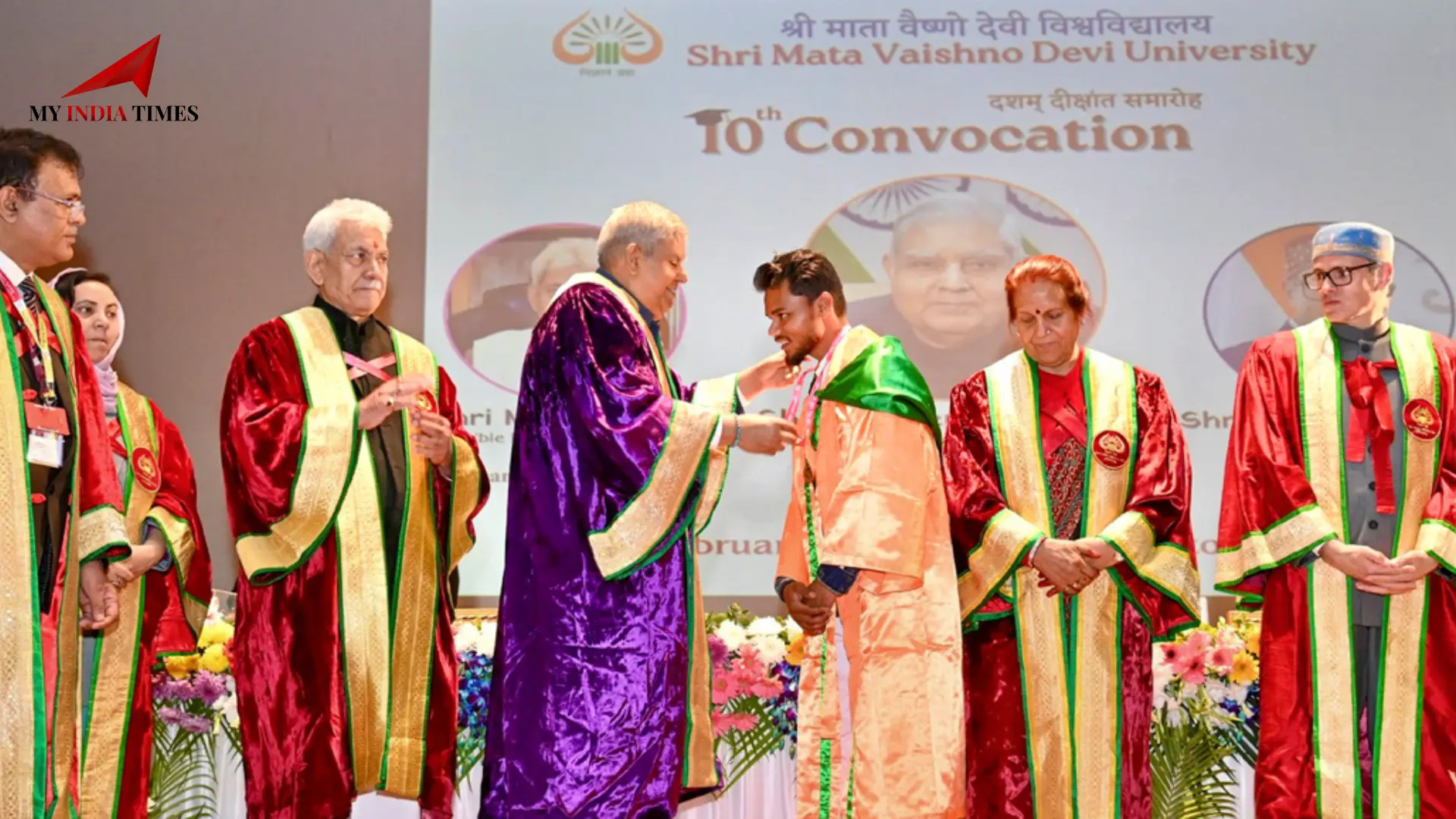

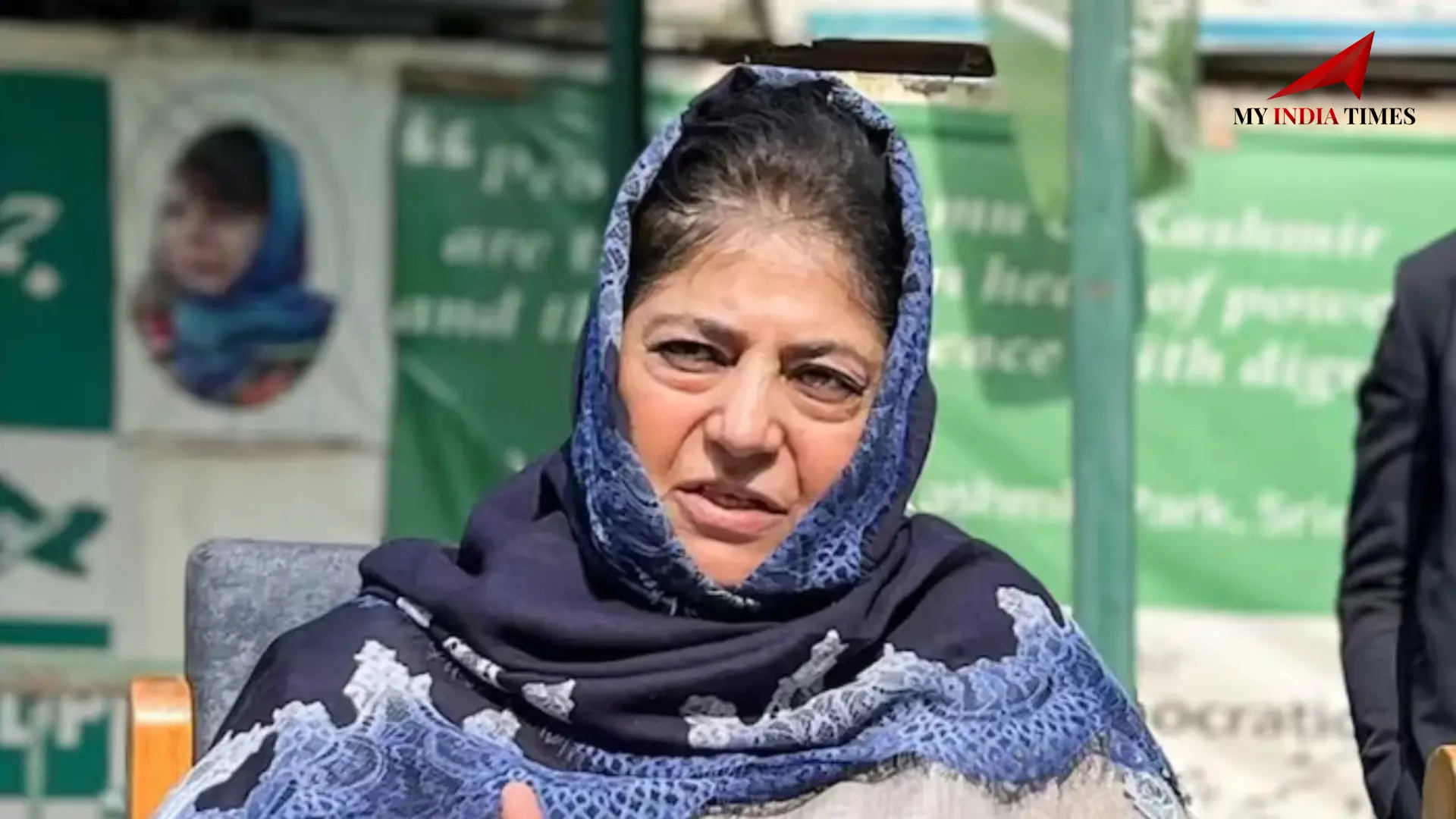
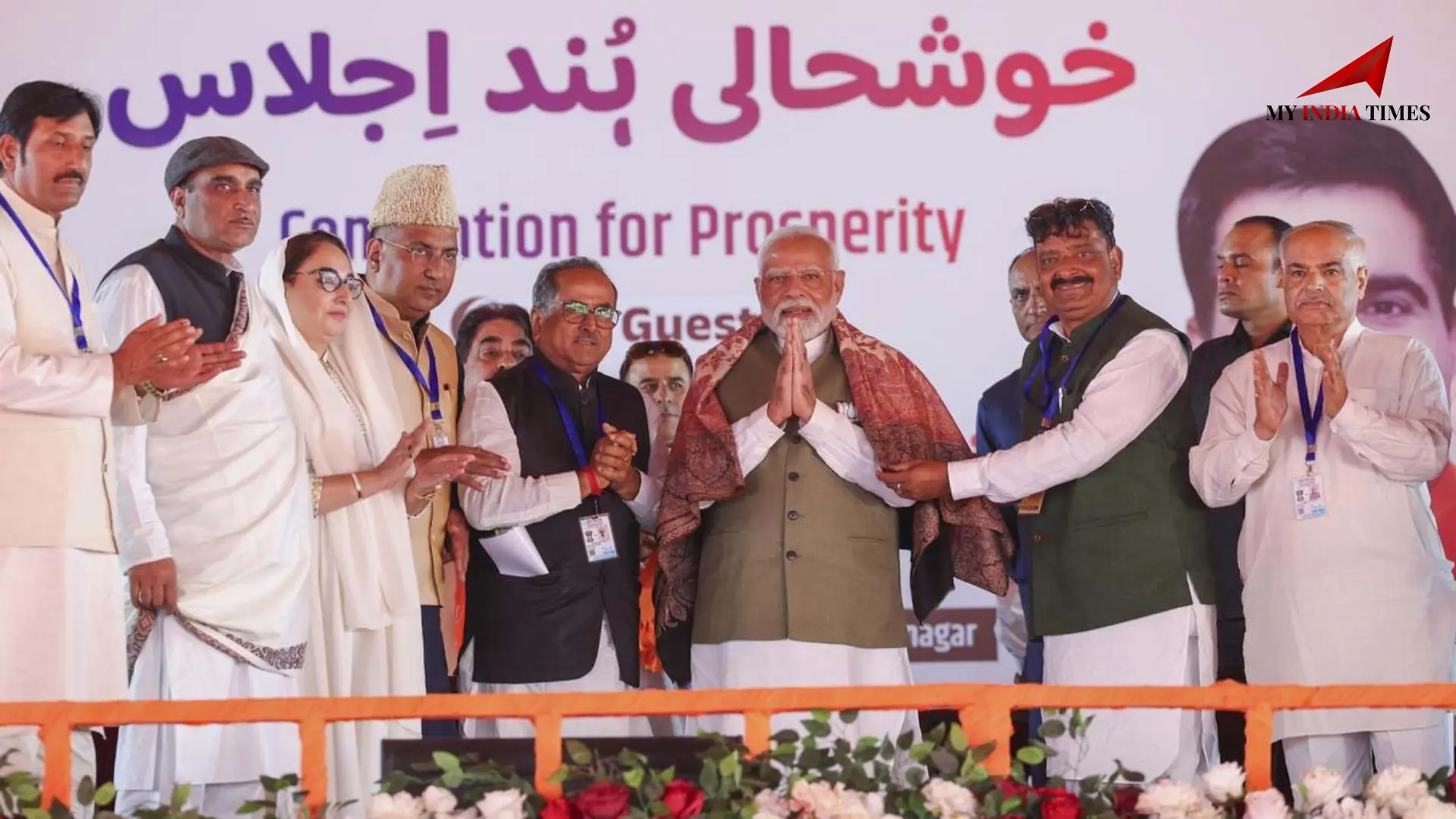
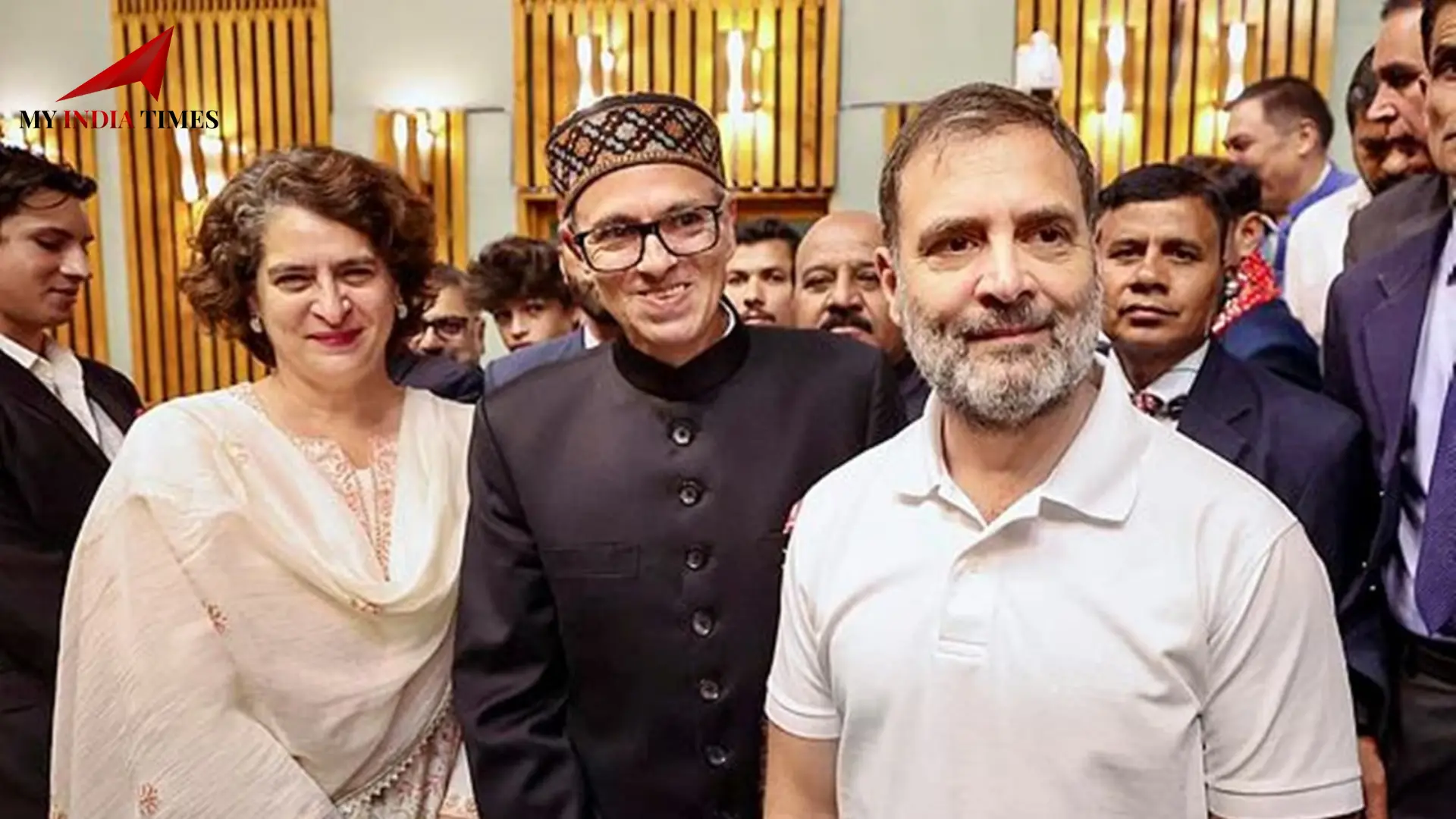

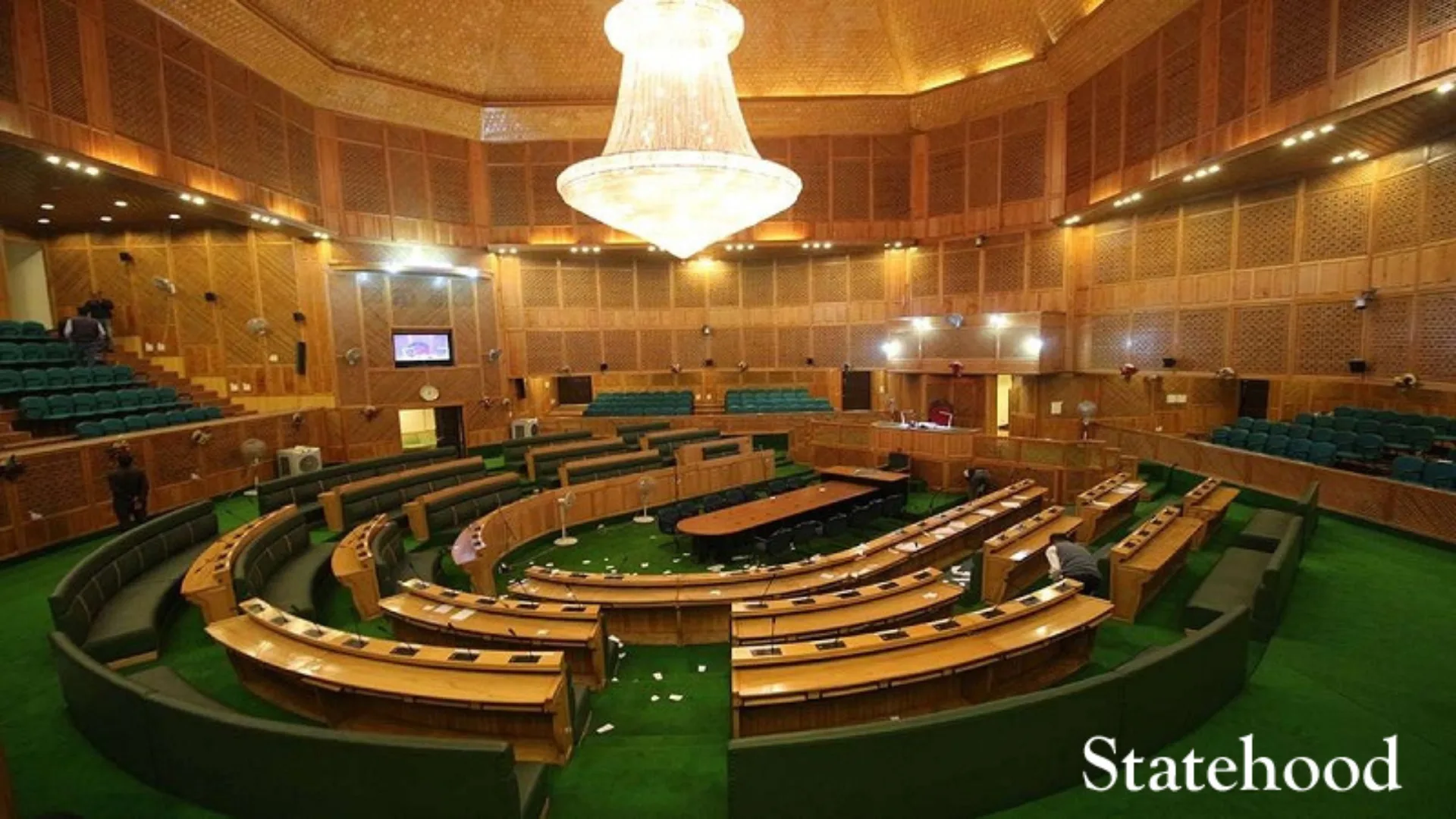
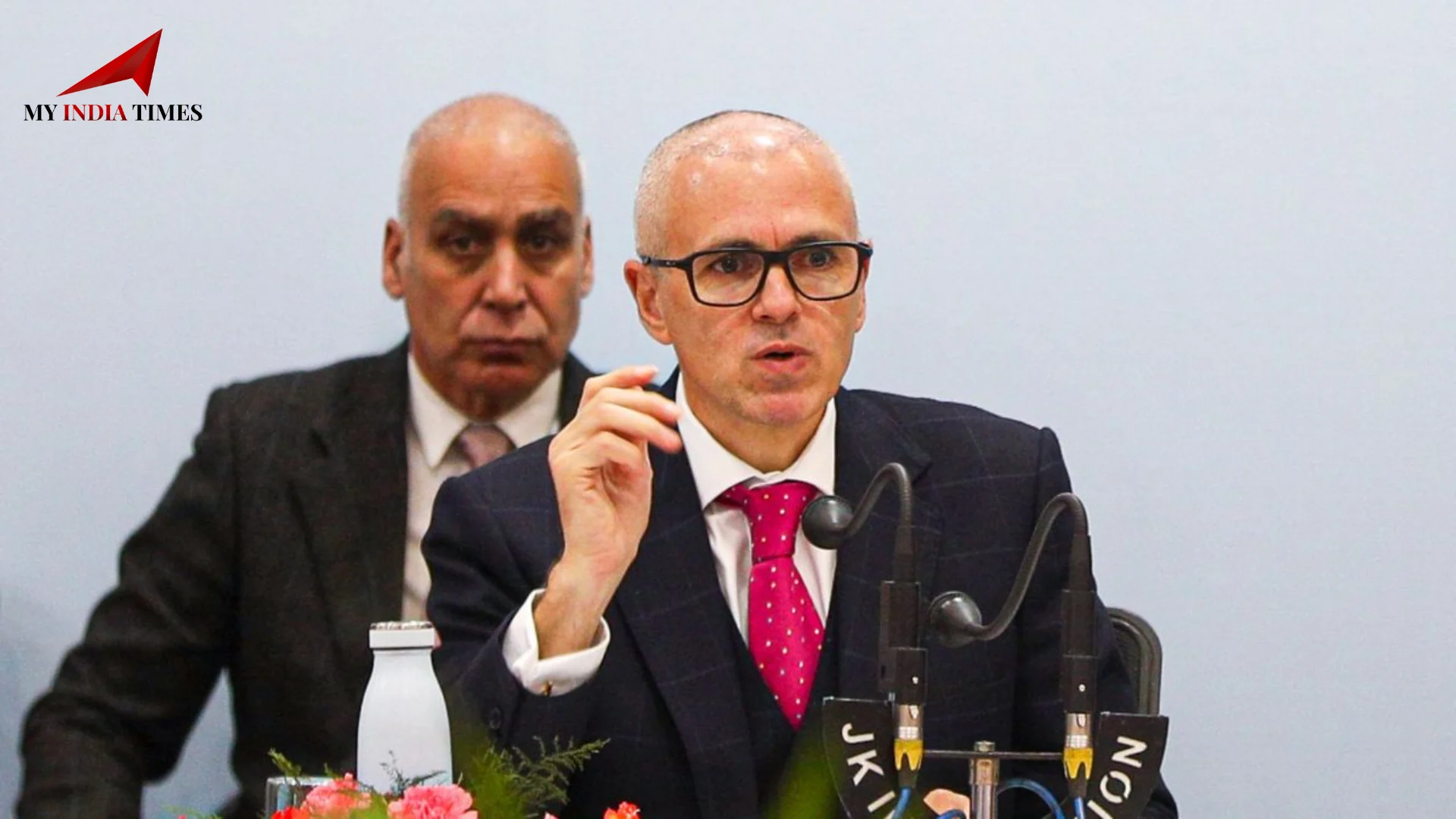































































































.png)
 (1).png)























